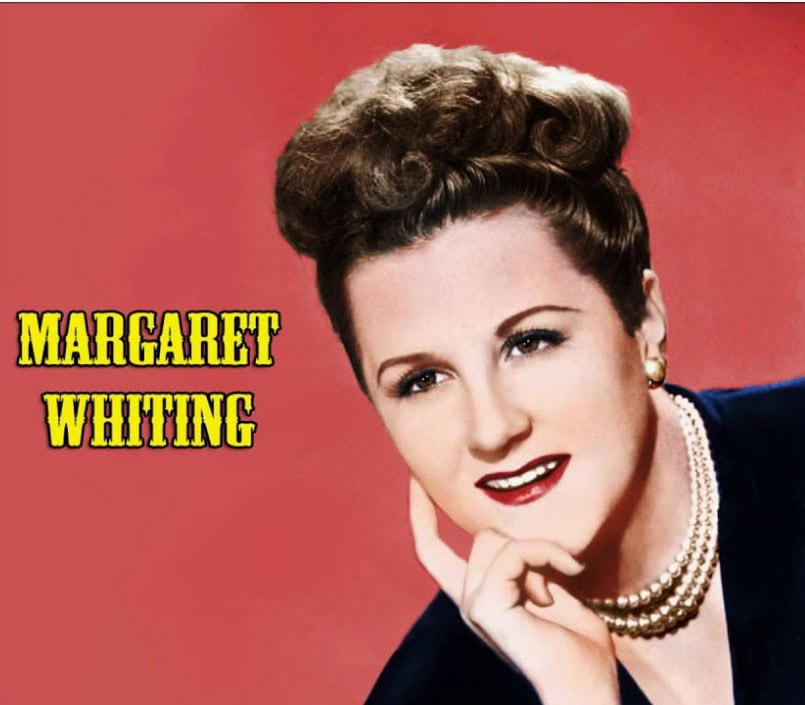About the song
Margaret Whiting’s rendition of “Time After Time” stands as a timeless testament to the enduring power of both melody and lyric. Released in 1946, this song has become a beloved jazz standard, cherished for its poignant expression of love and devotion. The composition, penned by Sammy Cahn and Jule Styne, offers a simple yet profound meditation on the passage of time and the unwavering nature of true affection.
Whiting’s vocal approach is a hallmark of the song’s enduring appeal. Her voice, characterized by its warmth and intimacy, effortlessly conveys the emotional depth of the lyrics. She navigates the melody with a subtle blend of phrasing and dynamics, allowing the song to unfold with a natural, conversational flow. The arrangement, featuring a lush orchestral accompaniment, provides a rich and evocative backdrop for Whiting’s vocal performance.
The song’s enduring popularity can be attributed to its universal themes and its ability to resonate with listeners across generations. The lyrics, with their emphasis on the enduring nature of love, offer a comforting and reassuring message. The melody, with its memorable and haunting quality, has been embraced by countless artists, ensuring the song’s continued relevance.
In conclusion, “Time After Time” by Margaret Whiting is a classic example of the enduring power of popular music. Its timeless melody, poignant lyrics, and Whiting’s evocative vocal performance have solidified its place in the jazz canon. This song continues to captivate audiences with its message of love, hope, and the enduring nature of human connection.
Video
Lyrics
Time after time
I tell myself that I’m
So lucky to be loving you
So lucky to be
The one you run to see
In the evening, when the day is through
I only know what I know
The passing years will show
You’ve kept my love so young, so new
And time after time
You’ll hear me say that I’m
So lucky to be loving you
